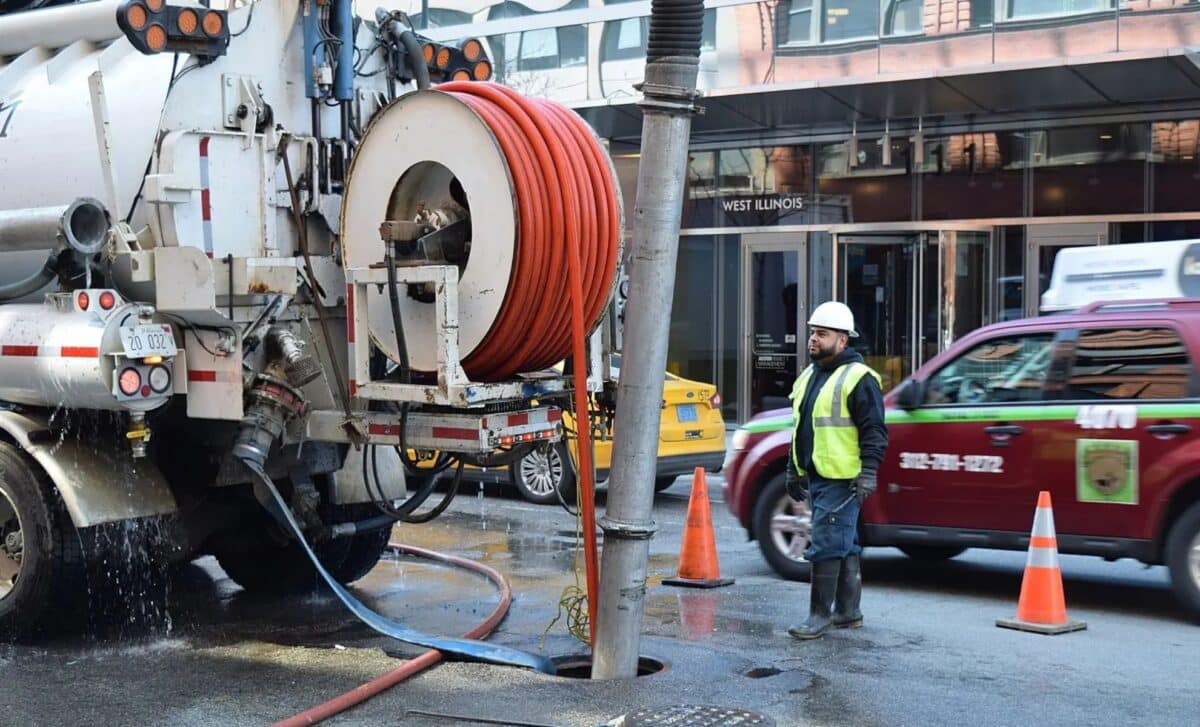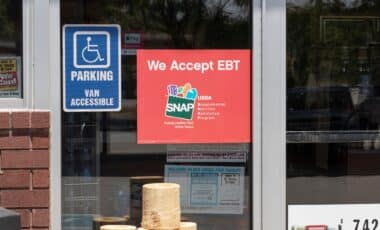The elimination of FEMA’s Building Resilient Infrastructure and Communities (BRIC) program has upended critical disaster-preparation projects in hundreds of communities across the United States.
The decision, part of broader cuts under the Trump administration, has halted billions in funding intended to protect local infrastructure from the escalating threats of natural disasters and climate change.
Local officials say the program’s loss could have long-lasting consequences on their efforts to bolster resilience against future catastrophes.
The BRIC program was designed to help towns and cities enhance their infrastructure ahead of natural disasters. By funding essential upgrades—such as flood control measures and strengthened power grids—the program sought to reduce the devastating impact of future calamities.
However, in a sudden move earlier this year, the program was discontinued, leaving communities with critical projects in jeopardy. According to reports, the Trump administration justified the cut, calling the program wasteful and politically charged, though local leaders argue it was a vital tool for disaster prevention and long-term community sustainability.
FEMA: Mount Pleasant’s Struggle to Recover
One of the hardest-hit towns by this decision is Mount Pleasant, North Carolina, which had planned to use a $4 million BRIC grant to improve its stormwater drainage system and secure its electrical infrastructure.
These improvements were set to help the town recover from its industrial decline and revitalize its local economy. Town officials had hoped that the upgraded infrastructure would also protect new business investments, such as a renovated historic theatre.
According to Erin Burris, the town’s assistant manager, the cancellation of the program has effectively wiped out years of planning. “This is a generational set of infrastructure projects that would set us up for the next hundred years and it just—poof—went away,” she said.
Such projects, which are designed to ensure the safety and sustainability of vulnerable communities, are now left in limbo, with no immediate replacement funding in sight.
Disrupted Plans for Disaster Prevention Nationwide
The fallout from FEMA’s decision extends well beyond Mount Pleasant. In southeastern Louisiana, Lafourche Parish had secured more than $20 million in BRIC funding for hurricane-preparation projects, including replacing wooden electrical poles with steel to withstand high winds.
This funding, along with others earmarked for similar initiatives across the country, has been rescinded, leaving many communities without the means to protect their infrastructure from increasingly frequent and severe weather events.
Despite frustrations with FEMA’s bureaucratic processes, local officials agree that the funding was crucial. As Lafourche Parish President Archie Chaisson explained, “No matter where you sit on the political spectrum, the programs themselves and the dollars allocated make our communities more resilient.”
In Louisiana, a state which has experienced the highest rate of federal disaster assistance per capita, such preparedness funding is seen as a necessary safeguard against future devastation.
The loss of the BRIC program has not gone unnoticed. Twenty-two states, led by Democratic officials, have filed lawsuits demanding the release of the funds. These include Oregon, Pennsylvania, and Oklahoma, where communities now face increased vulnerability without the resources to fortify their systems.
As Jason Canady, public works director for Grants Pass in southern Oregon, stated, “If you can’t provide drinking water, hospitals, groceries, restaurants are going to have trouble. Economically, it would be devastating.”









